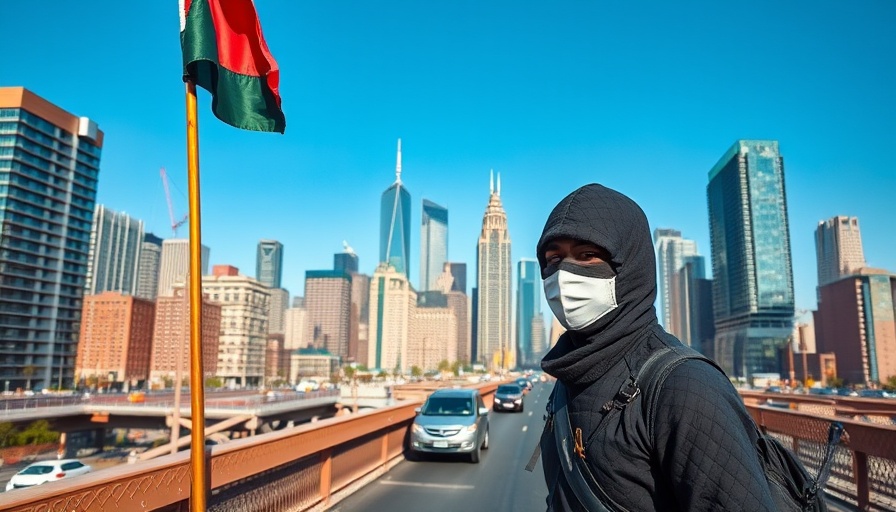
The Rising Concerns Among Jewish New Yorkers
The recent victory of New York mayoral candidate Zohran Mamdani has resonated deeply within the Jewish community of New York City. This event has sparked fear and concern, particularly due to Mamdani's perceived divisive stance and his reluctance to condemn Hamas following the violent episodes following the October 7 attack. Jewish residents feel alarmed, labeling his win as ‘the last thing this city needs.’ These sentiments are shaped by historical experiences and a context of ongoing conflict in the Middle East.
Understanding Mamdani's Victory Amid Anti-Israel Sentiments
Mamdani’s primary support stems from a progressive base of voters who resonate with his calls for social justice and inclusivity. However, the fears expressed by the Jewish community are not unfounded. After the elections, Mamdani has faced criticism for statements that can be interpreted as aligning with anti-Israel rhetoric, which has exacerbated fears already heightened by the fallout from the war in Gaza.
Impact on Interfaith Relations and Social Dynamics
This situation has important implications for interfaith dialogue in New York. It is crucial for leaders to consider how political developments affect mutual respect and understanding among diverse communities. The fear and concern among Jews underscores the need for transparent discourse and policies that foster coexistence rather than division. It also puts the spotlight on the responsibility of politicians in their rhetoric and the impact it has on communal relations.
Community Voices: Humanizing the Discussion
For many Jewish New Yorkers, the response to Mamdani’s victory is not solely political; it is deeply personal. Stories of families affected by violence in the region, and narratives of pain due to longstanding conflicts weave into their perspectives. Recognizing these voices is vital to understanding the broader community landscape. The tension is a reminder that political campaigns can bring forth deeply rooted sentiments that go beyond mere electoral politics.
Future Insights: Predictions for NYC Under Mamdani's Leadership
As Mamdani prepares to assume a leadership role, it raises pertinent questions about the future of interfaith dialogue in New York City. Will his administration be able to bridge the gap between communities, or will it deepen existing divides? The trajectory will largely depend on his approach to governing and his ability to engage with the diverse communities in New York City. Observers will be watching closely, as the implications of his policies could reshape relationships among faith communities.
In a time when many feel that divisions are growing deeper, fostering understanding across communities and political lines is essential. Engaging in dialogue and making space for diverse perspectives can play a crucial role in moving from fear to collaboration. The future of New York City's social fabric may well depend on how these conversations unfold amid Mamdani’s leadership.
Taking Action Amidst Concerns
As you reflect on the implications of Mamdani's victory, consider engaging with community organizations focused on interfaith dialogue, contributing to discussions that emphasize understanding rather than division. Supporting groups that advocate for peaceful coexistence and mutual respect will aid in steering the narrative toward a more integrated society.
 Add Row
Add Row  Add
Add 








Write A Comment